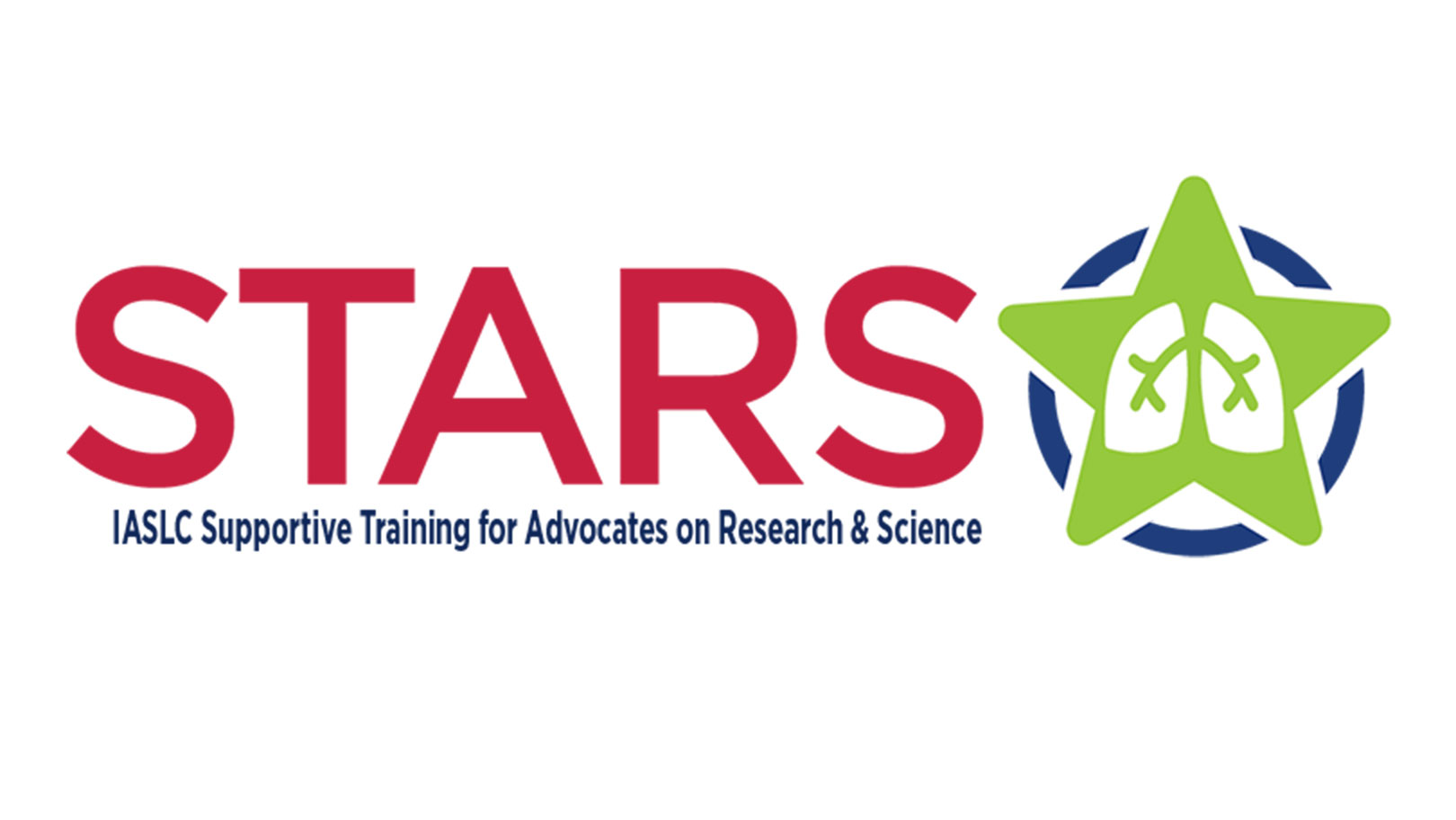What does it take to become a star in any setting? Passion, knowledge, and drive. When it comes to understanding the science of lung cancer, sometimes the experts are the patients themselves. The IASLC is looking for patients and caregivers who want to learn about lung cancer science and research, as well as develop their skills for communicating with a variety of stakeholders in the lung cancer community.
The Rise of Lung Cancer Patient Advocates
Janet Freeman-Daily is a patient research advocate whose lung cancer journey has led her to help other patients understand the complicated science behind treatment and build relationships with cancer researchers. She credits the newer treatments for lung cancer, like targeted therapies and immunotherapy, for helping patients to not only live longer but to feel well enough to become interested in advocating for the lung cancer community.
“You go through a journey when you become a patient advocate,” Ms. Freeman-Daily said, explaining the path that she and other patients frequently go through along the way.
- Being willing to share your personal cancer story;
- Raising awareness about your particular disease;
- Fundraising for research for new therapies; and
- Thinking beyond your personal cancer journey to help the larger community.
The next step is research advocacy, which requires additional skills. “You need knowledge of the science and an understanding of how the research is done before you can start figuring out to share that knowledge in a way that makes a difference to researchers,” Ms. Freeman-Daily said. Learning the language of oncology and research is the bridge between being a patient advocate and a patient research advocate.
Reaching for the STARS
Kristin Ito is the IASLC Associate Director of Patient Advocacy who led the collaboration of advocacy organizations and individual advocates that developed this innovative program, Supportive Training for Advocates on Research & Science (STARS).
“As more people are living longer with lung cancer, more patient advocates are participating in our scientific meetings and networking with researchers. They want to get more involved in our association to better understand the science,” Ms. Ito said. “We developed the IASLC STARS program to help these patient advocates evolve into patient research advocates,” she added.
Patient research advocates (PRAs) are patients and caregivers who have had personal experience with cancer. They engage in activities related to cancer research, providing a patient perspective to improve research relevance, quality, participation, education, funding, and dissemination. Through IASLC STARS, PRAs are educated about how to read, interpret, and translate research, as well as communicate effectively with both the research and patient communities.
“STARS is supporting the development of a cadre of patient research advocates to advocate for the community as a whole,” Ms. Ito said. The IASLC STARS program aims to increase the number of PRAs equipped to provide this information. In 2020 they had 20 participants in the program, six of whom were Mentors.
Applications for PRAs and Mentors for 2021 will be accepted starting on April 1. The application deadline for both PRAs and Mentors is May 10, 2021.
For more information about how to become a PRA or mentor, please go online for more information at www.iaslc.org/patient-advocacy/stars.






